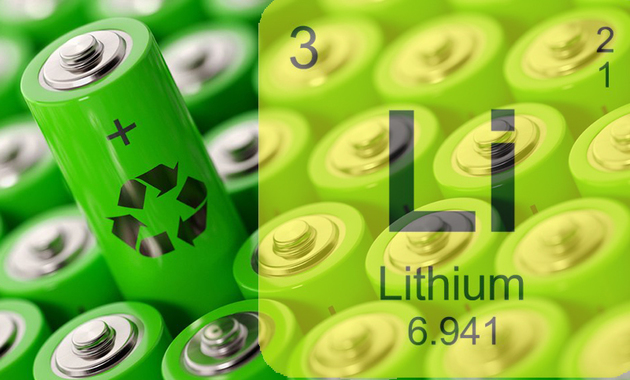Albemarle, the world’s largest lithium producer, expects high prices for the key battery metal to persist for years even as they spark a rush to expand supply, Financial Times writes. The lithium market crashed between 2018 and 2020 as it was swamped by oversupply and demand was hit after cuts to subsidies for electric vehicles. During that time prices dived from $25,000 per tonne to below $6,000, according to data from Benchmark Mineral Intelligence.
But Eric Norris, head of lithium at the US chemicals group, said the market for the metal had fundamentally transformed after breakneck growth in electric vehicle sales.
Prices have surged more than 10-fold since 2020 to record highs of almost $80,000 per tonne, a level they have stayed close to throughout 2022, raising fears that carmakers could struggle to secure lithium supplies for the rest of the decade.
“One of the reasons that we see things being so tight is just the market is fundamentally different,” Norris said in an interview. “In 2019, the market didn’t grow very much and it was 300,000 tonnes. Prior growth rates may have been 30,000-50,000 tonnes a year. “Today, the market grows 200,000 tonnes a year, almost the full size of what the market was back then,” Norris added, saying the average size of a new supply project was 5,000 tonnes.
Albemarle is the world’s largest lithium producer by market capitalisation and is expected to pump out 130,000 to 140,000 tonnes of lithium carbonate equivalent this year from its assets in Chile, the US and Australia, with the output processed in the countries of production and in China.
Its adjusted earnings before interest, tax, depreciation and amortisation is expected to jump fourfold this year to $3.3bn to $3.5bn on the back of surging prices.
The company’s comments come as lithium market analysts debate whether the metal is a commodity like any other, with boom-bust cycles, or whether it faces structural shortages indefinitely as a nascent industry fights to keep up with the rise of electric vehicles. Low battery metal prices are vital to making EVs affordable for consumers.
Goldman Sachs forecasts a sharp price correction to $11,000 per tonne of LCE by 2024 as China’s EV sector grapples with an oversupply of cars, and high lithium prices prompt the development of new sources of supply in Chile, Australia and China.
About 40 lithium projects under development globally are undergoing or have completed definitive feasibility studies, a 166 per cent increase over 2019, according to analysis by Fastmarkets NewG.
Lithium analysts say the cost of new supply is high because of lower grades under development at new projects, which will keep prices from falling below $20,000 per tonne.
Australia’s government said this month that it only expected prices to slip to an average of about $48,000 per tonne of lithium hydroxide, another battery-grade lithium chemical, in 2024. Canberra also echoed the industry’s concern that new projects under development by junior miners were prone to delays, which would result in “persistent supply shortages over the next few years”.
But it added that the build-up of inventories by lithium refineries and battery manufacturers was an unknown factor that could drive prices lower more quickly than expected.






